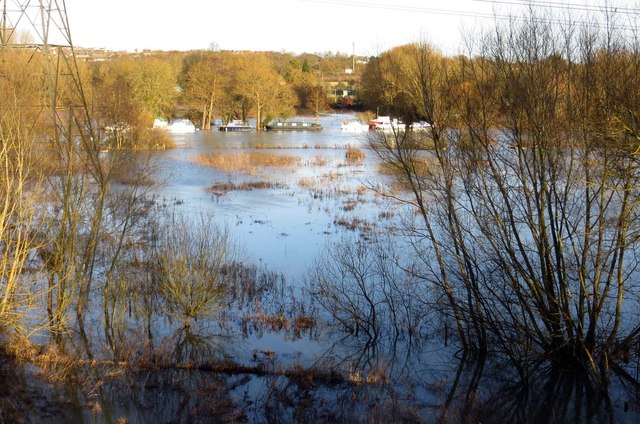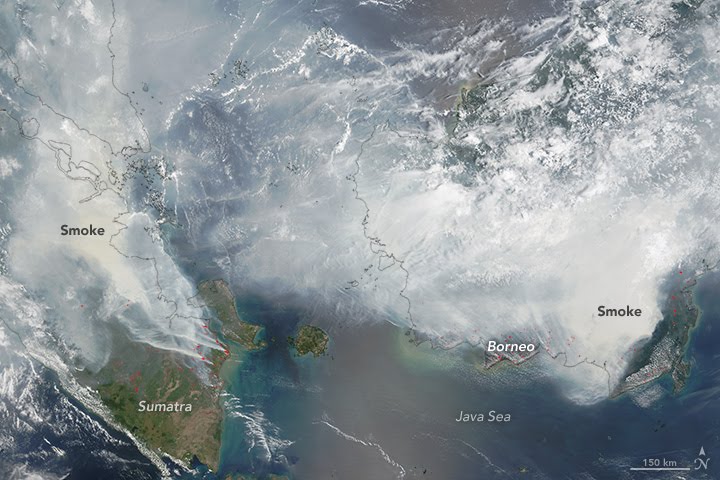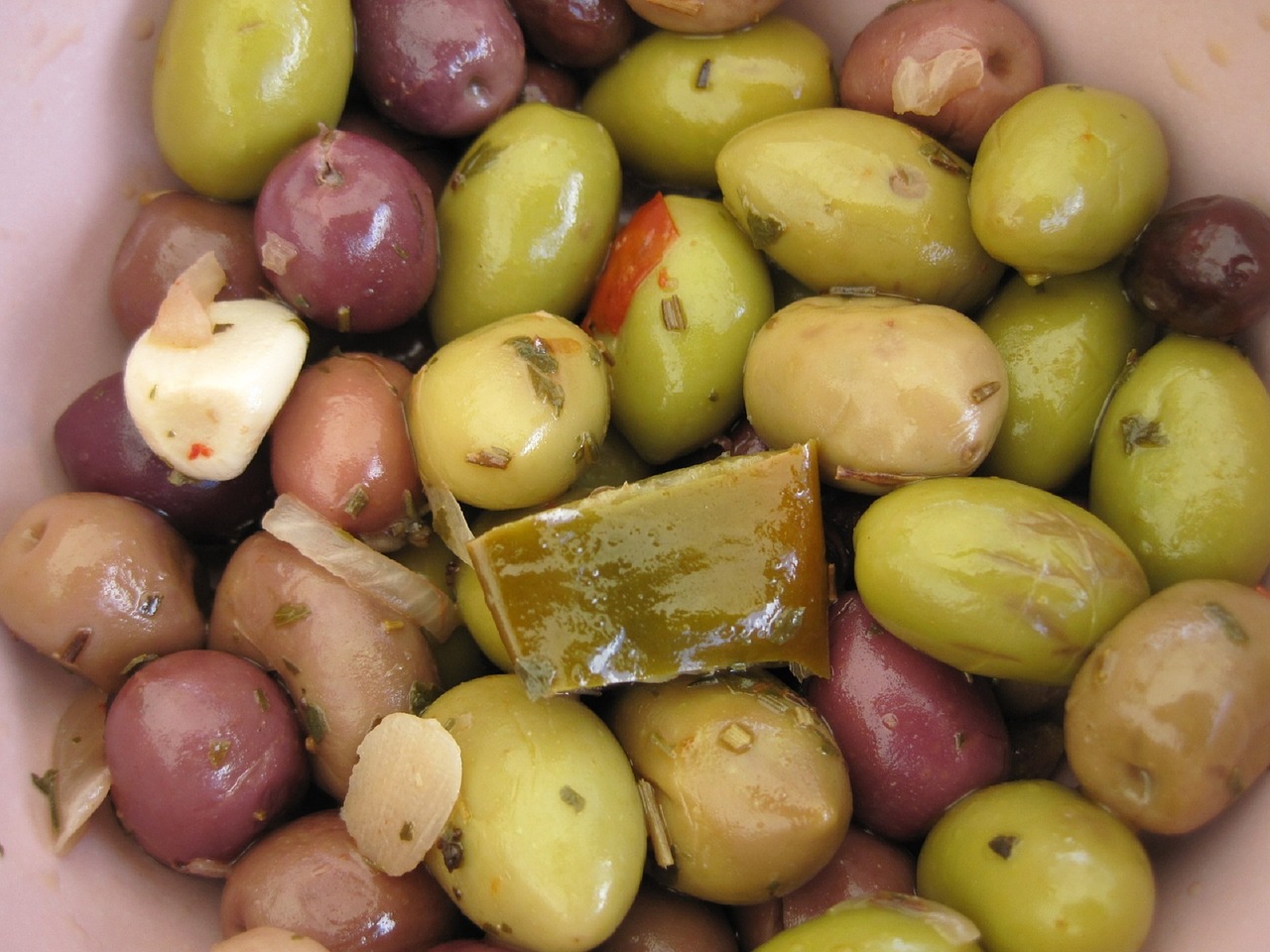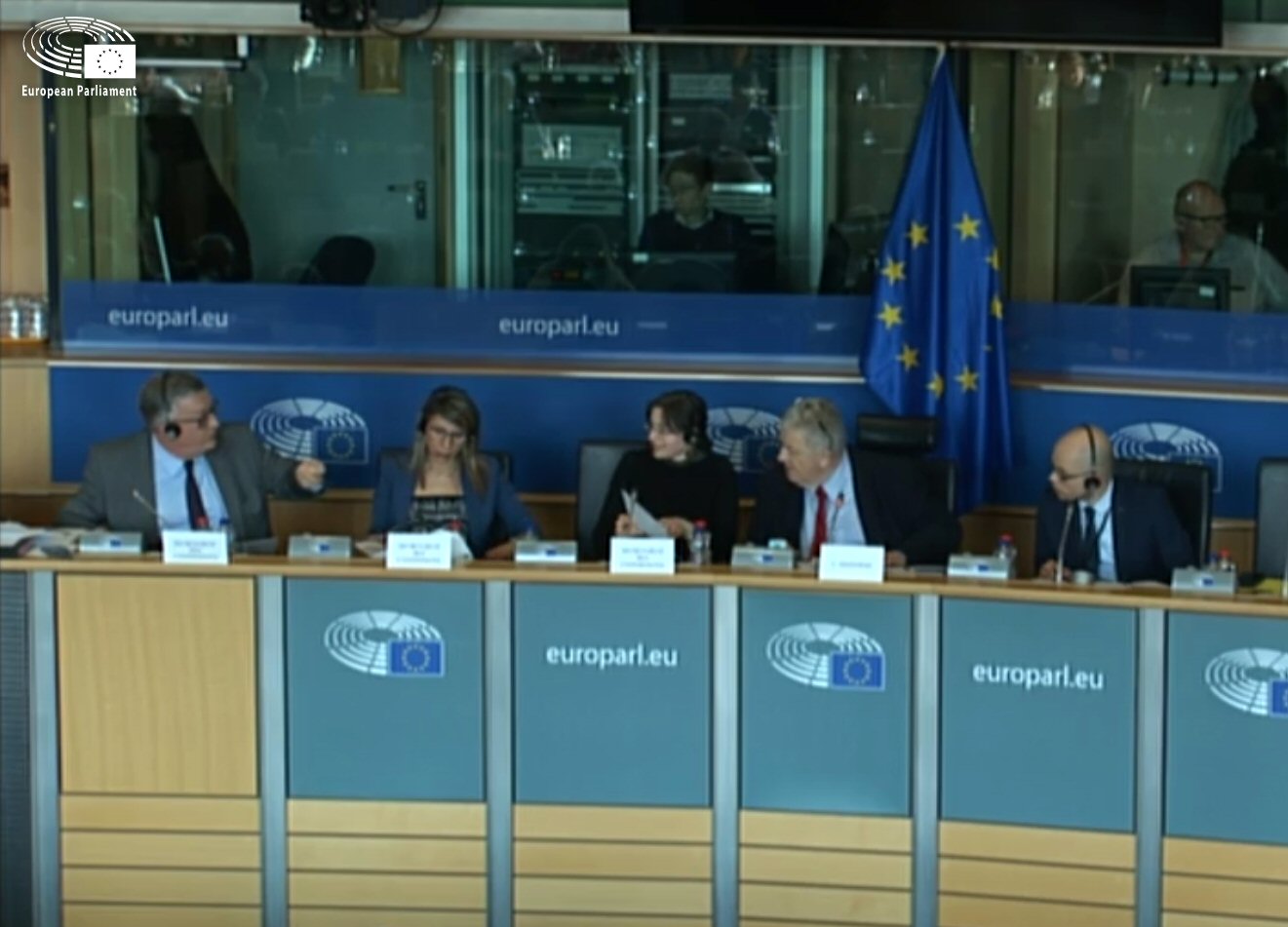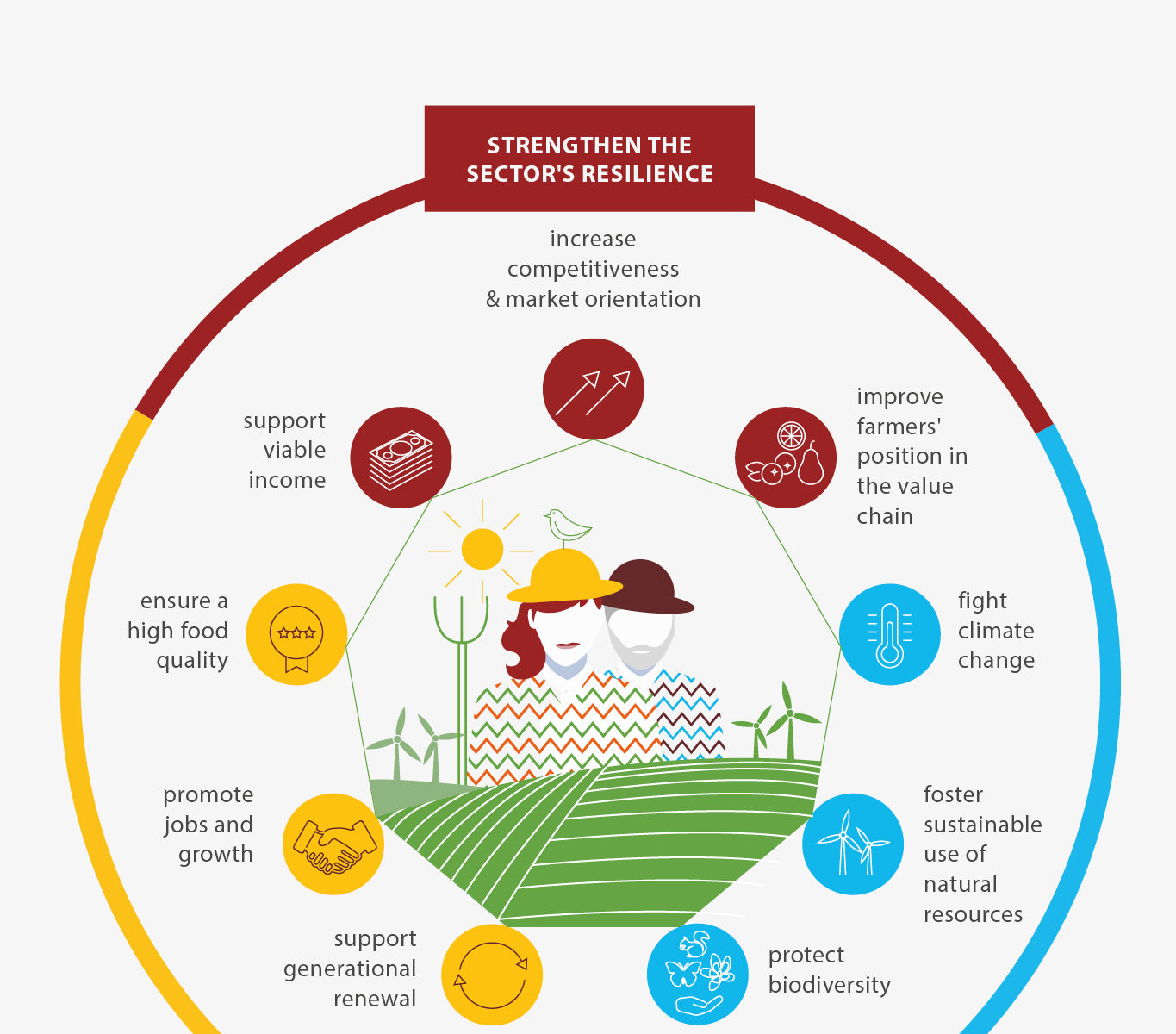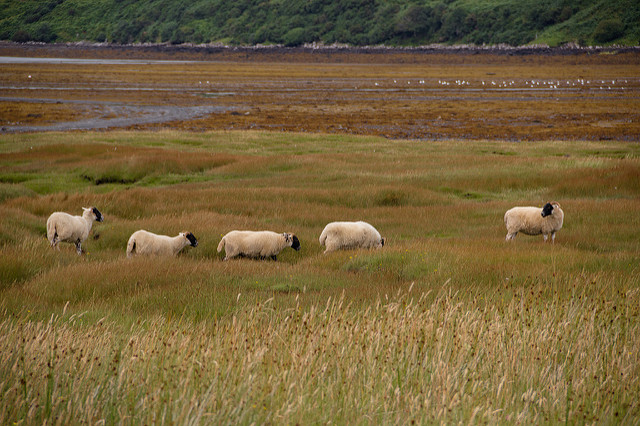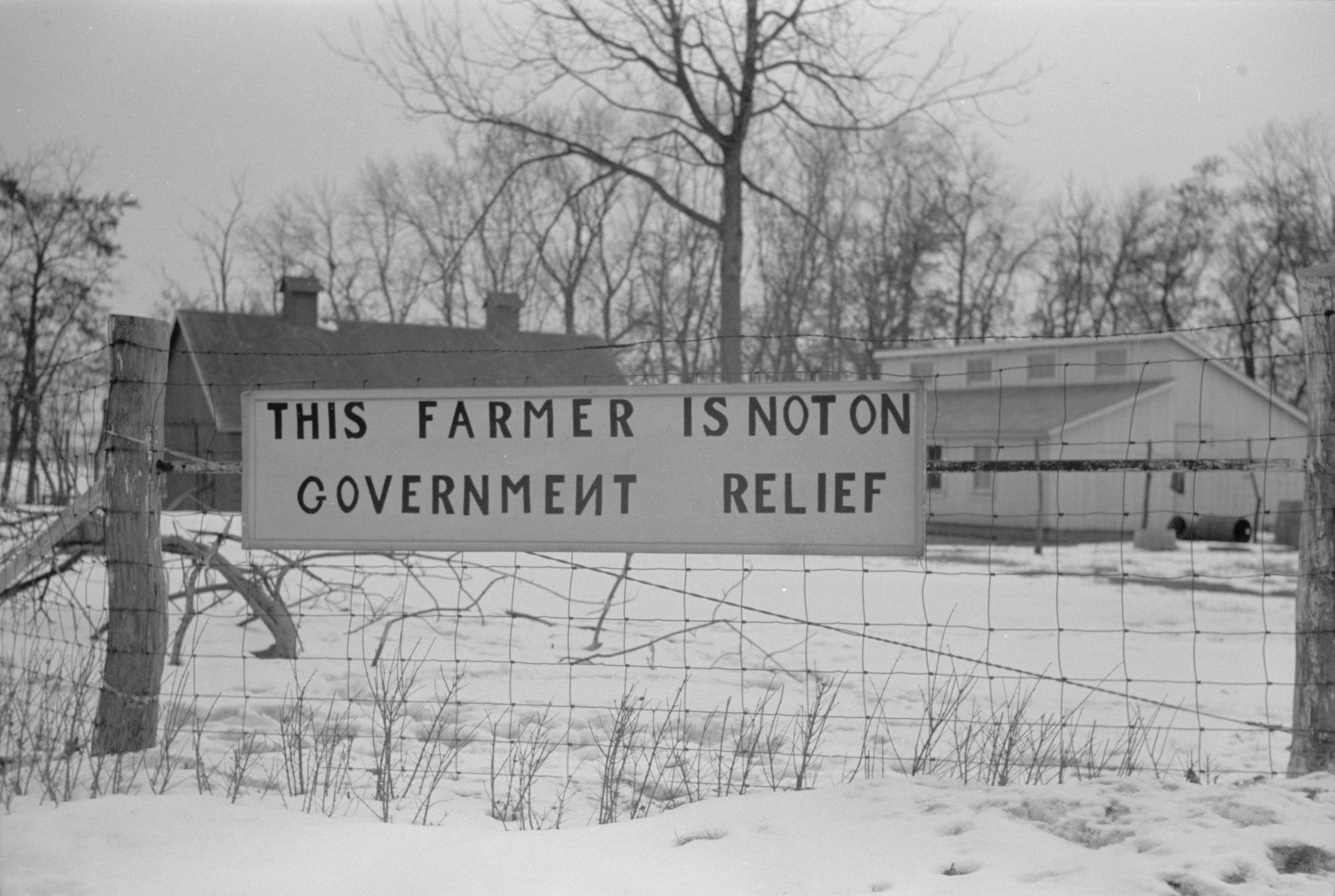Agricultural greenhouse gas (GHG) emissions in the EU-28 have flat-lined since 2005 (see chart below). They fell slightly between 2005 and 2012 and have been increasing since then. In 2016, the agricultural sector was responsible for 430 million tonnes of GHG emissions in CO2 equivalents (CO2eq) compared to 434 million tonnes in 2005. This relative stability is due, I suspect, to a slow improvement in emissions intensity per unit of output offset by increased levels of output. The increase since 2012 is likely mainly associated with the removal of dairy quotas in 2015 which has allowed an expansion in the dairy herd in some countries, though these speculative hypotheses should be subject to more rigorous analysis.… Read the rest
Designing CAP Strategic Plans to maximise environmental and climate potential
Those seeking to influence the design of the CAP post 2020 should understand the process of designing Strategic Plans, and the opportunities and constraints inherent in this process. In a recent working paper, I try to explain how Strategic Plans will be constructed and the key entry points for those seeking to improve the environmental and climate ambition of these Plans. The paper is written from a development perspective but the messages have a more general relevance.
The paper does not discuss how the CAP legislation itself might be improved from an environmental or development perspective. The Parliament’s Committee on Development and Environment Committee have submitted their Opinions to the agriculture committee with a range of suggestions in this regard (the latter still only available in Italian), although few were taken on board in the AGRI Committee voting .… Read the rest
The looming EU- US WTO Spanish ripe olives dispute
An agenda item on the AGRI Committee’s last meeting in this Parliamentary term yesterday dealt with a presentation by DG AGRI’s Director for International Affairs John Clarke on the agricultural component of ongoing trade negotiations and other relevant issues of trade policy (starts at 16:23 on the meeting video). Amid a chorus of complaints from AGRI MEPs about poultry imports from Ukraine, tomato imports from Morocco and potential Brazilian tariffs on EU exports of garlic, Mr Clarke gave a robust and trenchant defence of the Commission’s role in managing international agricultural trade relations.
Among the items he covered was the EU response to the US imposition of countervailing and anti-dumping duties in 2018 on the import of Spanish ripe olives, confirming earlier preliminary determinations to impose provisional duties.… Read the rest
COMAGRI lacks full transparency in crucial votes
Th AGRI Committee voted its Opinion on amendments to the CMO Regulation on Monday 1 April, its Opinion on the Strategic Plan Regulation on 2 April and will vote its Opinion on the Horizontal Regulation on financing, management and monitoring of the CAP today 8 April. I plan to comment on the substantive outcome of these votes in the coming days. In this post I want to comment on a procedural aspect of these votes that I find does not live up to the norms of acceptable practice and which makes it impossible for anyone not in the inner circle to follow the voting on these Opinions.… Read the rest
AGRIFISH Council on CAP reform negotiations in mid-March
The AGRIFISH Council and the AGRI Committee of the European Parliament both held meetings to discuss their respective positions on the Commission’s proposed CAP regulations for the period post 2020 on Monday March 18th last. These meetings provided an opportunity to assess the progress made in each body to agree their initial positions as well as giving some insights into the changes that might be proposed. The AGRIFISH Council meeting was more informative in this respect. The AGRI Committee debate lacked focus because no formal positions were presented at its meeting and we must wait until its April meetings to see the compromise amendments it will decide.… Read the rest
Revamped website
Regular readers will have noticed a lull in activity on the capreform.eu website in the last couple of months. Just before Christmas 2018 the site was hacked and spam posts were mailed out to subscribers. I decided to take the opportunity to rebuild the site with greater security and in the meantime to cease activity. I did write a few posts on a temporary blog which I have now transferred to this site. Those who subscribe to the site and receive posts by mail will have noticed a resumption of activity in the past two days as older posts have been mailed out (sometimes in duplicate, for which I apologise).… Read the rest
UK announces proposed applied tariff schedule in event of no deal Brexit
The UK today announced the tariff schedule it would intend to apply in the event of a no-deal Brexit after 29 March 2019. As far as agricultural tariffs are concerned, Gail Souter, the UK National Farmers’ Union Chief EU Exit and International Trade Advisor, described it in a tweet as “Quite possibly the greatest example of overnight trade liberalisation of an agricultural market ever”. There has been a lot of speculation in the press and social media about what the new arrangements might mean, and particularly the proposed temporary arrangements on the border between Ireland and Northern Ireland. This post sets out the key sources of information and guidance published by the UK government today.… Read the rest
Hogan addresses COMAGRI on environmental ambition in CAP
Commissioner Phil Hogan gave a presentation last week (Jan 24th) on the proposed environmental and climate architecture in the Commission’s legal proposal for the CAP post 2020 to the AGRI Committee of the European Parliament (the video session can be reviewed here). Today Monday (Jan 28th) the Commissioner gives a similar presentation to the AGRIFISH Council.
There are of course technical issues to be clarified around the Commission’s proposals. How will the proposed eco-schemes in Pillar 1 relate to agri-environment-climate measures (AECMs) in Pillar 2? How will Member States’ level of environmental and climate ambition in their CAP Strategic Plans be evaluated, and how will the level of effort across Member States be compared by the Commission when it approves these Plans?… Read the rest
Measuring farmers’ dependence on public payments
There is considerable interest in the amount of support that farmers in the EU receive through public payments. The Commission in its MFF proposal in May 2018 proposed a reduction in the CAP budget (partially offset by increased co-financing contributions from Member States). Member States in the AGRIFISH Council and farm unions as well as the European Parliament have pushed back against this reduction.
A French Memorandum presented to the June 2018 meeting of the AGRIFISH Council asserts that “this decrease on both pillars would undoubtedly threaten the viability of European farms, the income of farmers and their ability to meet the citizen requirements for a healthy, sustainable, affordable and quality food as well as protection of environment and adaptation to climate change”.… Read the rest

